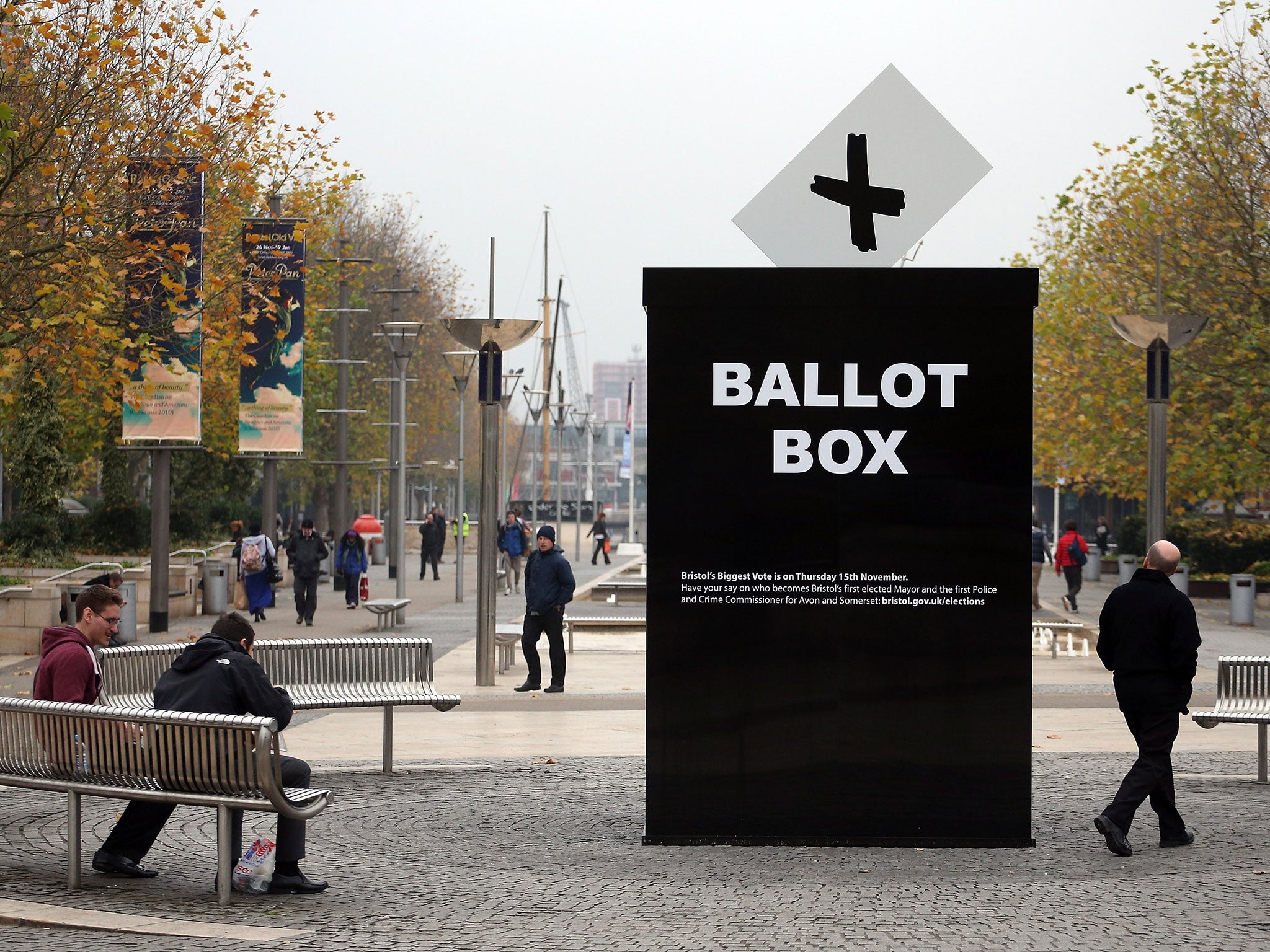When it comes to voting, old certainties can no longer be taken for granted – at home or abroad
At the last election almost one in three voters supported a party other than the Tories or Labour

Your support helps us to tell the story
From reproductive rights to climate change to Big Tech, The Independent is on the ground when the story is developing. Whether it's investigating the financials of Elon Musk's pro-Trump PAC or producing our latest documentary, 'The A Word', which shines a light on the American women fighting for reproductive rights, we know how important it is to parse out the facts from the messaging.
At such a critical moment in US history, we need reporters on the ground. Your donation allows us to keep sending journalists to speak to both sides of the story.
The Independent is trusted by Americans across the entire political spectrum. And unlike many other quality news outlets, we choose not to lock Americans out of our reporting and analysis with paywalls. We believe quality journalism should be available to everyone, paid for by those who can afford it.
Your support makes all the difference.Almost 97 per cent of the votes cast at the 1951 general election went to Labour or the Conservatives, who won all but nine of Parliament’s seats between them.
It marked the high point of the dominance of British politics by the two parties, with vast sections of the electorate automatically opting for the candidate sporting the red or blue rosette.
Slowly but surely their grip on voters’ loyalties has loosened (although the first-past-the-post electoral system has helped maintain their political stranglehold) as the tribal nature of political support has broken down. At the last election almost one in three voters supported a party other than the Tories or Labour.
We have entered an era of consumer politics, where voters no longer automatically back the same party as their parents – or the same party as last time round – and political strategists are forced to pitch for support in areas where they once counted the vote.
The danger of treating safe seats as fiedoms has been illustrated most dramatically by the fall of Labour strongholds to Scottish Nationalists.
In parallel, an anti-establishment sentiment fuelled by the financial crisis of 2008 and the Westminster expenses scandal the following year has boosted support for insurgents including the SNP, Ukip and the Greens.
It also accounts for the dramatic election of left-wing outsider Jeremy Corbyn to the Labour leadership.
Across the western world, traditional political structures are breaking down. Donald Trump leads the race for the Republican nomination for President, while Democrat Hillary Clinton faces a spirited challenge from outsider Bernie Sanders.
The far-left Syriza won power in Greece, while the Front National is on the march in France and an anti-EU party is advancing in Germany.
The old certainties can no longer be taken for granted – at home or abroad.
Join our commenting forum
Join thought-provoking conversations, follow other Independent readers and see their replies
Comments